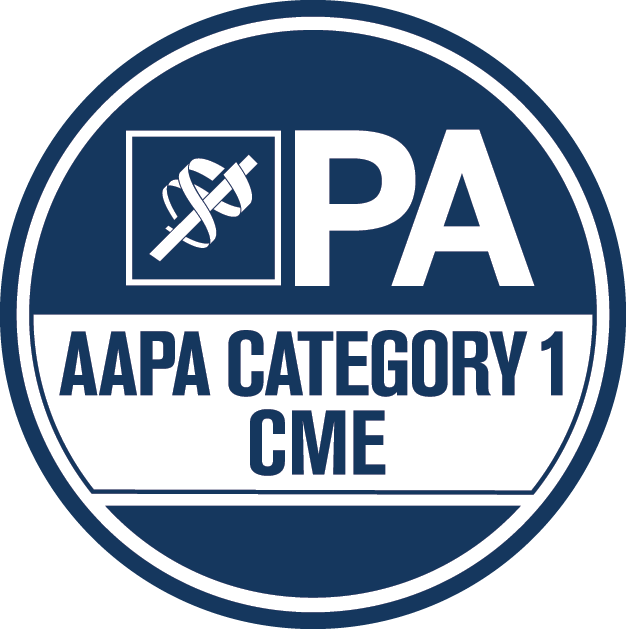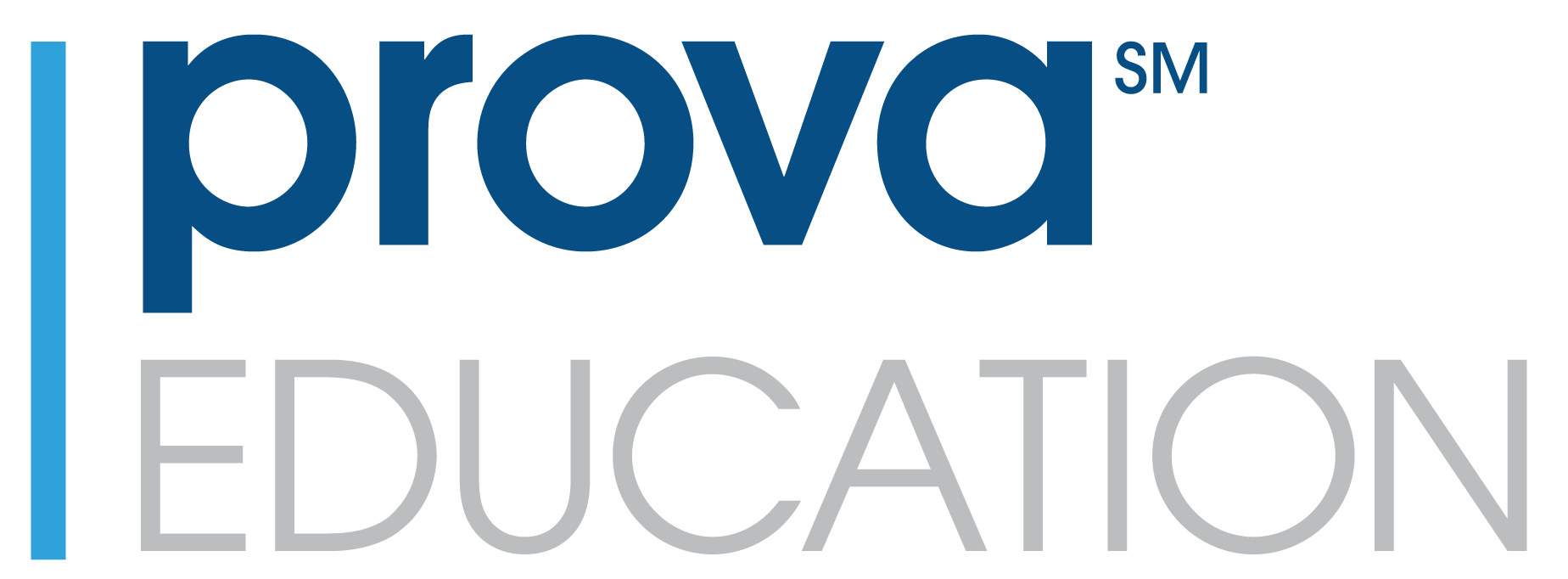Announcer:
Welcome to CME on ReachMD. This episode is part of our MinuteCE curriculum.
Prior to beginning the activity, please be sure to review the faculty and commercial support disclosure statements as well as the learning objectives.
Dr. Khella:
This is CME on ReachMD, and I'm Dr. Sami Khella. Here with me today is Dr. Márcia Waddington-Cruz.
Márcia, in your practice, what factors raise your index of suspicion for ATTRv polyneuropathy, and what clinical features do you see as red flags that differentiate patients with this disease?
Dr. Waddington-Cruz:
Thank you, Sami. So there are 2 different scenarios. One is what we see in endemic areas where we are dealing more with V30M and early-onset patients, then whenever you have a polyneuropathy with mostly sensory aspects plus autonomic or just autonomic, and then you have 1 or more of several features like family history, weight loss, and talking about sometimes 5 to 20 kilos of weight loss, not just any weight loss, arrhythmias; we see a lot of conduction abnormalities. Sometimes, depending on the mutation of features, opacities and renal dysfunction beginning from microalbuminuria, then finally really reaching the function of the kidney. This is something that we should raise our suspicion, if you have any of the features of this scenario, then we should at least try to think about ATTR polyneuropathy and ask for a genetic test. In non-endemic areas this is a little bit more complicated because most of the time you are dealing with late-onset cases and no V30M. Most of the time the patient will present with the polyneuropathy, that’s very important, on sensory but also on motor aspects and less evident autonomic aspects.
But then, if we find anything that I already mentioned from the previous case, plus autonomic dysfunction and cardiac hypertrophy, that will finally end in loss of function. Vitreous opacities, that I mentioned before, may be more important in this case. Bilateral carpal tunnel syndrome, then we should really, once again, try to look into the possibility, even in the absence of a family history. It's more difficult to be evident in this scenario. You should think about ATTRv polyneuropathy.
Dr. Khella:
So the takeaway messages from what Márcia just mentioned are, a patient with a polyneuropathy whether they be on the younger side in their 30s or 40s, or possibly on the older side in their 60s or 70s, who has a progressive polyneuropathy with systemic symptoms, so whether these are cardiac or autonomic, meaning orthostatic hypotension or cardiomyopathy or diarrhea and constipation, and in the younger patient, erectile dysfunction, any of those systemic processes or other organs involved, as the eye and so forth, should raise the possibility of ATTR polyneuropathy or hereditary amyloid polyneuropathy.
Well, this has been a bite-sized discussion. Thanks so much for joining us.
Announcer:
You have been listening to CME on ReachMD. This activity is provided by Prova Education and is part of our MinuteCE curriculum.
To receive your free CME credit, or to download this activity, go to ReachMD.com/Prova. Thank you for listening.


 Global Learning Collaborative (GLC) has been authorized by the American Academy of PAs (AAPA) to award AAPA Category 1 CME credit for activities planned in accordance with AAPA CME Criteria. This activity is designated for 1.0 AAPA Category 1 CME credit. Approval is valid until April 23, 2025. PAs should claim only the credit commensurate with the extent of their participation in the activity.
Global Learning Collaborative (GLC) has been authorized by the American Academy of PAs (AAPA) to award AAPA Category 1 CME credit for activities planned in accordance with AAPA CME Criteria. This activity is designated for 1.0 AAPA Category 1 CME credit. Approval is valid until April 23, 2025. PAs should claim only the credit commensurate with the extent of their participation in the activity.
